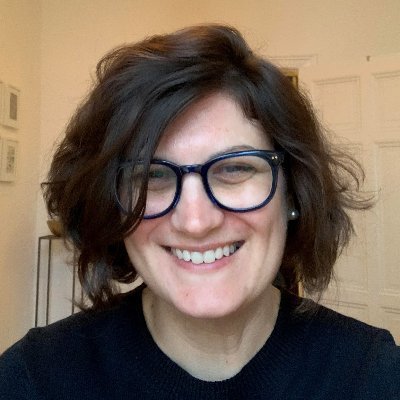DONDENA Seminar - Alexandra Scacco

You may follow the seminar at the following link.
“Intergroup Contact, Empathy Education, and Refugee-Host Integration in Lebanon”
SPEAKER: Alexandra Scacco (WZB Berlin Social Science Center).
ABSTRACT:
Can intergroup contact improve relations between refugees and host communities? If so, are there added returns to combining contact and empathy education? To answer these questions, we conducted a field experiment that brings together 900 Syrian refugees and Lebanese nationals in three localities in Lebanon, where refugees make up a quarter of the national population. Working with a Lebanese NGO, we randomly assigned Lebanese and Syrian youth participants to nationally heterogeneous (Lebanese and Syrian) or homogeneous (Lebanese or Syrian) groups for a 12-week psychosocial support program. We further randomized whether participants in the program received additional empathy education or a placebo curriculum focused on physical health and nutrition. We find that contact does not meaningfully change attitudes toward the outgroup, and has little effect on participation in future contact, such as attending events celebrating the outgroup's culture 1-2 months after treatment. By contrast, we find that empathy education improves attitudes toward the outgroup, and has positive behavioral effects. We find no evidence of positive interaction effects but rather that combining contact and empathy training is no more effective than the empathy treatment alone. Our study points to empathy education as a cheaper, more scalable, and potentially more effective strategy for building social cohesion in conflict settings than intergroup contact.
BIO:
Alex Scacco is Vice Director of the Institutions and Political Inequality unit at the WZB Berlin Social Science Center and Professor of Comparative Politics at the University of Hamburg. Alex’s work focuses on the causes and consequences of individual decisions in conditions of extreme risk, where potential costs are high and benefits uncertain. Why, for example, do individuals choose to participate in communal violence, to migrate across the Sahara and the Mediterranean, or to trust outgroup members in contexts of recurring conflict? How does intergroup conflict affect political attitudes and social cohesion? She addresses these questions using observational and field experimental methods in a range of settings in Sub-Saharan Africa and the Middle East. Her methodological interests focus on improving measurement in field-based research and knowledge aggregation in social science.